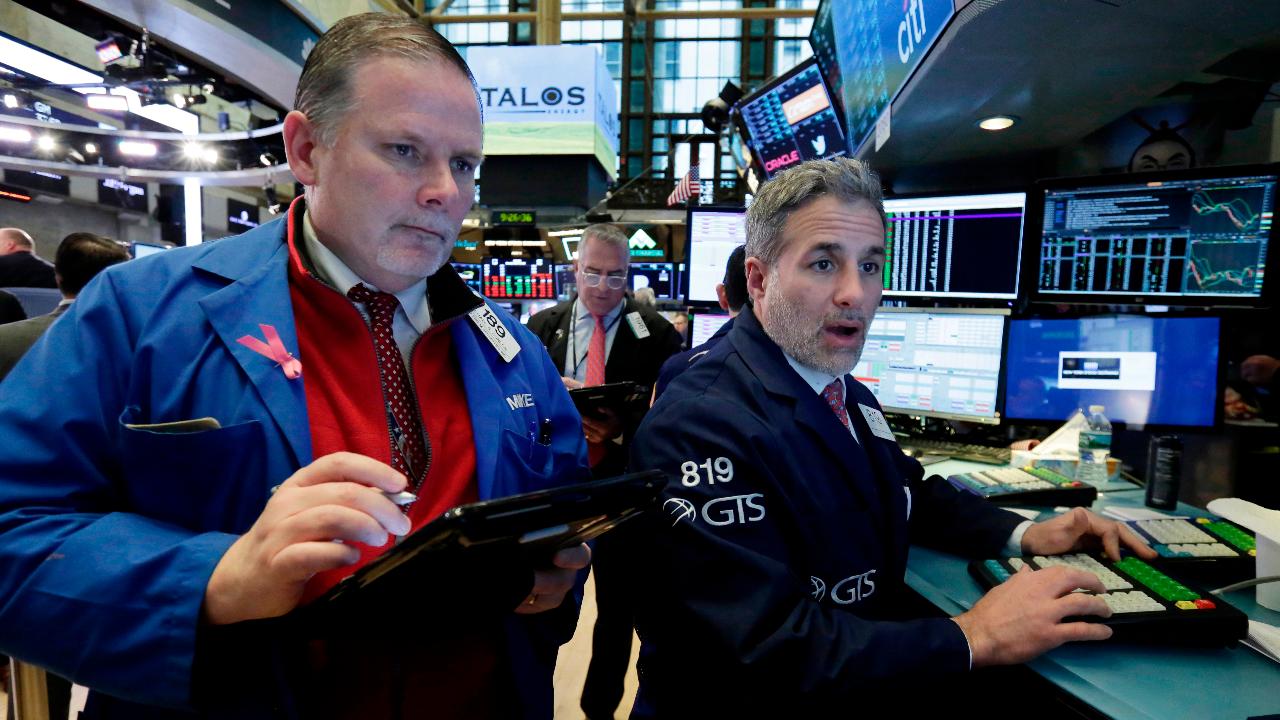Big bank riskiness -- not mergers -- should concern Americans
From 2008 to 2018, 5,056 banks and credit unions merged -- that is approximately 459 per year, 38 per month and more than one per day over an 11-year period. And to this day, the industries continue to consolidate.
This week, lawmakers on Capitol Hill will examine additional bank mergers. But it is not an institution’s size alone that should give lawmakers pause, as there is nothing inherently wrong with mergers, but rather the risks a particular institution and its business practices may pose to the U.S. economy.
Ahead of the August recess, what lawmakers should be discussing are the potential benefits of a modern Glass-Steagall Act and the economic impact of excessive, unbridled risk-taking by Wall Street banks.
Without Glass-Steagall, American taxpayers are responsible for losses, as big banks count on the Federal Deposit Insurance Corporation's insurance fund to back up their risky trading activities. Yet, all profits from these gambles head straight into the coffers of bank shareholders.
By passing a modern Glass-Steagall, which already has bipartisan support, a legally impenetrable firewall would be erected between commercial and investment banking. American taxpayers would no longer subsidize and insure big banks’ risky bets that use consumers’ hard-earned savings as collateral.
While its important Congress discuss the merits of a modern Glass-Steagall, it is also important lawmakers get important answers as to why the largest and most complex banks are actively pushing for the removal of common sense restrictions that prevent improper, speculative trading under the Volcker Rule, A.K.A Glass-Steagall light.
It is also worth asking whether an industry that has amassed over $243 billion in fines since the financial crisis is deserving of less oversight.
If Congress intended to remove these restrictions on big banks’ proprietary trading practices, it would have done so under the recently passed Economic Growth, Regulatory Relief and Consumer Protection Act. However, they left this important check on bank behavior in place knowingly, intentionally and willfully.
More so, the Volcker Rule is a widely regarded and logical policy response to the 2008 financial crisis, and there is strong research that links proprietary trading to the significant losses incurred by banks during the Great Recession.
Yet, certain banks are hoping Congress will ignore the moral hazard of using taxpayers as a backstop for their speculative bets and want regulators to reinterpret the law to loosen requirements, thereby reviving the same risky trading practices that contributed to the financial crisis and fundamentally degraded the stability and liquidity of our capital markets.
Thankfully, federal regulators recently rejected this cockeyed worldview.
However, this approach is not new for big banks, and this is why it is important Congress and our financial regulators hold them accountable.
Enough is enough.
CLICK HERE TO GET THE FOX BUSINESS APP
Policymakers have a duty to tailor our laws and regulations to prevent another financial meltdown from ever happening again. American consumers, communities and the U.S. economy must be protected -- the time to address the risk posed by Wall Street banks is now.
B. Dan Berger is president and CEO of the National Association of Federally-Insured Credit Unions.




















